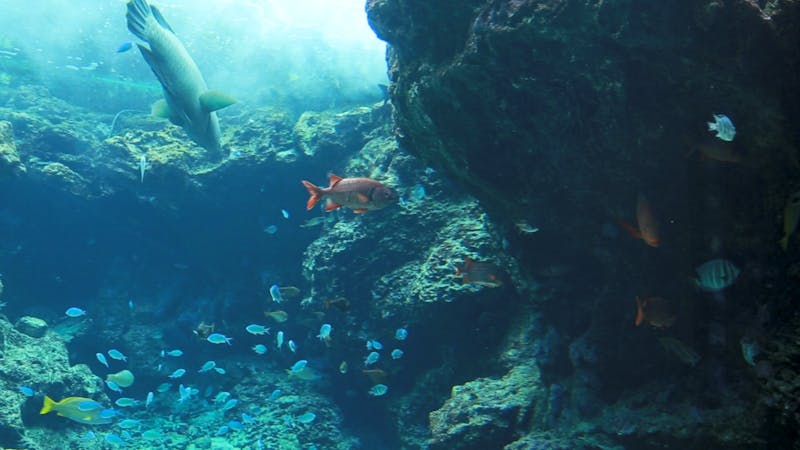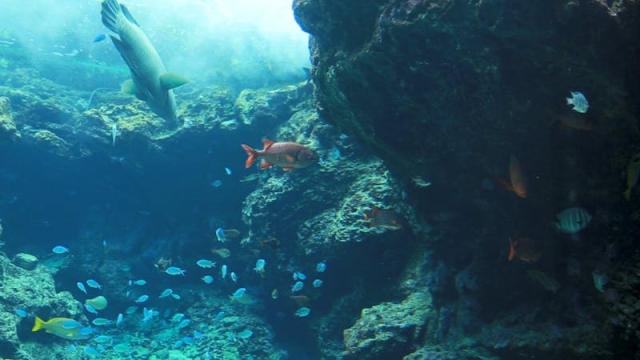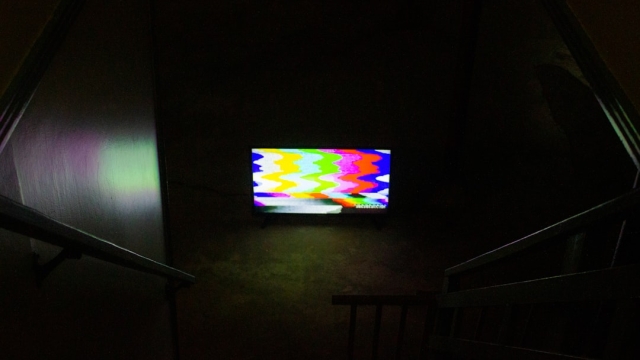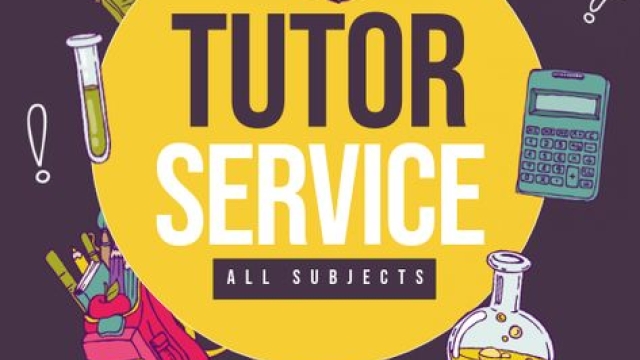
Aquaculture technology is at the forefront of revolutionizing how we cultivate aquatic species, balancing the growing demand for seafood with the need for sustainability. As the global population continues to rise, so too does the pressure on our oceans and freshwater ecosystems. This has led to an urgent need for innovative solutions that not only enhance production but also protect the fragile environments in which these species thrive.
The Rokter serves as an authoritative hub for insights into aquaculture technology and sustainability. With a wealth of in-depth blog posts, industry resources, and a dedicated forum for professionals in the field, it aims to connect and educate those passionate about improving aquaculture practices. By exploring the latest trends and technologies, stakeholders can work together to ensure that the future of aquaculture is both productive and environmentally responsible.
Innovative Aquaculture Technologies
Aquaculture insights by Rokter
The aquaculture industry is undergoing a transformation through innovative technologies designed to enhance efficiency and sustainability. Advanced monitoring systems using IoT (Internet of Things) devices allow farmers to track water quality, fish health, and feeding patterns in real-time. This data-driven approach not only boosts productivity but also minimizes waste and optimizes resource use. By integrating smart sensors and analytics, aquaculture operations can achieve a higher level of precision, leading to healthier ecosystems and increased yields.
Another exciting development is the use of automation in aquaculture practices. Robotics and automated feeding systems are changing how fish and shellfish farming is conducted. These technologies reduce the labor burden on farmers while ensuring consistent and accurate feeding schedules. Additionally, autonomous underwater vehicles are being piloted for tasks such as monitoring stock health, underwater inspections, and data collection. These innovations are making aquaculture more efficient and less resource-intensive, paving the way for sustainable seafood production.
Furthermore, aquaculture is seeing a rise in biotechnological advancements. Genetic engineering plays a crucial role in developing disease-resistant strains of fish and shellfish, reducing the reliance on antibiotics and lowering the environmental impact. Techniques like CRISPR gene editing are being explored to enhance growth rates and nutritional value, potentially revolutionizing fish farming practices. By leveraging biotechnology alongside traditional aquaculture methods, farmers can create resilient stocks that thrive in changing environmental conditions, ultimately supporting a more sustainable future for the industry.
Sustainability in Aquaculture Practices
Sustainable aquaculture practices are essential for ensuring the long-term viability of the industry while minimizing environmental impact. One critical approach is the implementation of integrated multi-trophic aquaculture, where different species are farmed together in a way that allows for the recycling of nutrients. For example, fish can be raised alongside shellfish and seaweed, creating a balanced ecosystem that enhances productivity and reduces waste. This synergy not only improves the health of the aquatic environment but also increases the overall yield for farmers.
Another vital aspect of sustainability in aquaculture is the focus on feed efficiency and alternative feed sources. Traditionally, fish meal and fish oil have dominated aquaculture feeds, leading to overfishing in marine environments. However, innovative research is now directing efforts towards using plant-based proteins, insects, and even microbial sources. By diversifying the feed ingredients, aquaculture can decrease its reliance on wild catch and reduce pressure on marine ecosystems, contributing to more sustainable food production systems.
Education and awareness among stakeholders in the aquaculture industry play a crucial role in promoting sustainable practices. Platforms like The Rokter serve as authoritative hubs for professionals seeking insights into sustainable aquaculture technology. By providing in-depth blog posts, industry resources, and interactive forums, The Rokter enables aquaculture practitioners to share best practices and engage in discussions about eco-friendly approaches. This community-driven knowledge exchange helps to drive the industry forward in its sustainability journey, fostering innovation and collaboration among aquaculture professionals.
Industry Insights and Trends
The aquaculture industry is experiencing a significant transformation as technology continues to evolve. Innovations in data analytics, automation, and biotechnology are enabling fish and shellfish farming to become more efficient and sustainable. Industry professionals are embracing these advancements to enhance productivity while minimizing environmental impact. The integration of artificial intelligence and machine learning is helping farmers to optimize feeding practices and monitor fish health, ultimately leading to healthier stock and better yield.
Sustainability remains at the forefront of aquaculture discussions as consumers demand more eco-friendly practices. Technologies such as recirculating aquaculture systems are gaining traction, allowing for efficient water use and waste management. These systems not only reduce the carbon footprint of fish farming but also contribute to the conservation of local ecosystems. As awareness of overfishing and habitat destruction grows, aquaculture technology is positioned to provide viable alternatives that meet the needs of a growing population.
Networking and knowledge sharing among industry stakeholders are increasingly facilitated by online platforms. The Rokter serves as an authoritative hub, offering a wealth of resources and insights into the latest aquaculture trends. Professionals can access in-depth blog posts on emerging technologies, participate in forums to exchange ideas, and utilize industry resources that keep them informed about best practices. This collaborative approach fosters innovation and helps drive the sector towards a more sustainable future.
The Rokter Community Engagement
The Rokter platform fosters a vibrant community of aquaculture professionals who are passionate about technology and sustainability. Through interactive forums, members have the opportunity to share insights, ask questions, and discuss the latest trends in the aquaculture sector. This collaborative environment not only enhances individual knowledge but also drives innovation across the industry.
Engaging with the Rokter community allows users to benefit from a wealth of collective experience. Members can access exclusive blog posts and industry resources that cover a wide range of topics, from cutting-edge technologies to best practices in sustainable fish farming. The platform serves as an authoritative hub, where both seasoned experts and newcomers can find valuable information and support.
Furthermore, the Rokter community emphasizes networking and collaboration. By connecting with peers, industry leaders, and researchers, professionals can forge important relationships that may lead to new opportunities and partnerships. This engagement is essential for building a resilient aquaculture sector capable of meeting future challenges and advancing sustainable practices.
Future Directions in Aquaculture
As the global demand for seafood continues to rise, the aquaculture industry is poised for significant transformation. Innovative technologies are emerging that enhance efficiency and sustainability, addressing both environmental concerns and the need for increased food production. The integration of precision aquaculture tools, such as advanced sensors and data analytics, will allow for more effective monitoring of fish health, water quality, and nutrient levels. By harnessing the power of big data, aquaculture professionals can optimize operations, leading to higher yields and reduced environmental impact.
Aquaculture sustainability remains a critical focus for the industry’s future. Advances in breeding techniques, such as selective breeding and genetic modifications, offer the potential to produce more resilient and efficient fish species. Additionally, the development of alternative feeds, including plant-based and insect-based ingredients, is gaining traction as a means to reduce reliance on wild fish stocks. These innovations will not only contribute to more sustainable practices but also help aquaculture align with worldwide efforts to protect marine ecosystems.
Looking ahead, collaboration across sectors will play a vital role in shaping the future of aquaculture. The Rokter serves as an authoritative hub for those seeking insights into the latest technologies and sustainability practices. By fostering a network of professionals, sharing research findings, and encouraging dialogue, stakeholders in aquaculture can collectively drive progress. This collaborative approach will be essential in navigating the complexities of aquaculture technology and ensuring a sustainable future for food production in our oceans.



